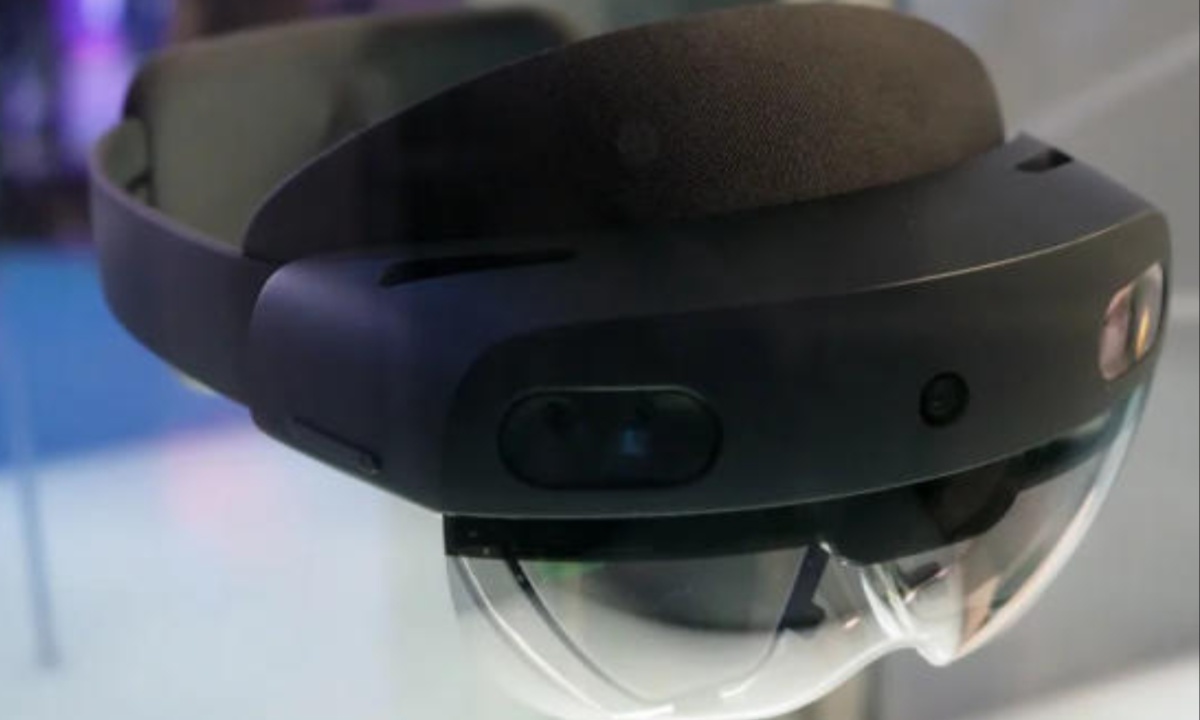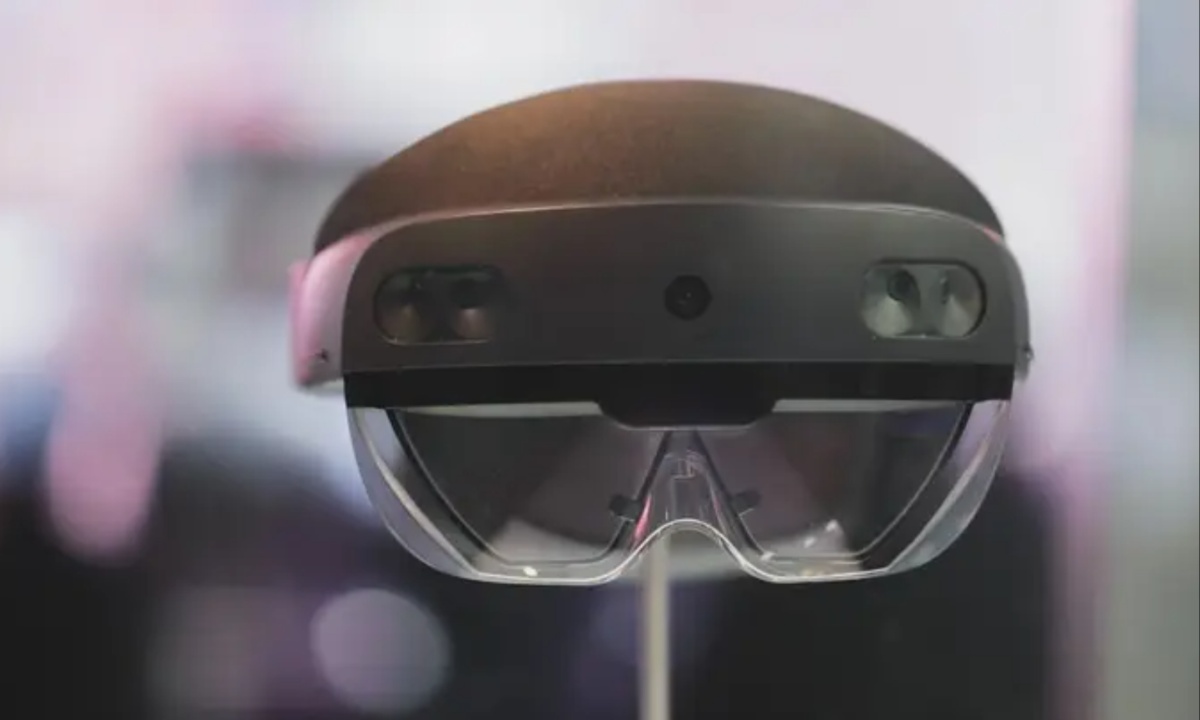Microsoft is reportedly discontinuing its HoloLens 2 mixed reality headsets, according to a recent report by UploadVR. The company has decided to end production of the HoloLens 2, with sales ceasing once the existing stock is depleted. Although security updates will be provided until December 31, 2027, software support for the device will conclude after that date. This move signifies a significant shift in Microsoft’s approach to mixed reality technology.
As an early entrant into the mixed reality market, Microsoft launched the original HoloLens in 2016 and followed up with the HoloLens 2 in 2019. Both devices have primarily targeted enterprise customers rather than the general public, reflecting their high price and specialized applications. By focusing on industries such as healthcare and manufacturing, Microsoft positioned the HoloLens as a valuable tool for professional use, but this strategy limited its appeal to broader consumer markets.

Currently, there are no indications that Microsoft plans to develop a successor to the HoloLens 2. Initial rumors of a third version surfaced in 2022, but reports suggest that development was halted due to a lack of focus and challenges in hardware development. Additionally, Microsoft has been downsizing its mixed reality team throughout 2023 and 2024, reinforcing the idea that the company is reassessing its commitment to mixed reality hardware.
In contrast to its consumer-focused initiatives, Microsoft remains dedicated to the HoloLens IVAS (Integrated Visual Augmentation System), an augmented reality headset specifically designed for the U.S. Army. This headset is expected to undergo testing in early 2025 to evaluate its potential for full-scale production, indicating that while the HoloLens brand may be declining, Microsoft still sees opportunities in specialized applications, particularly within the defense sector.
As Microsoft pivots its strategy, it has formed a partnership with Meta to bring Xbox Cloud Gaming and Office applications to Meta’s Quest headsets. This collaboration reflects Microsoft’s efforts to adapt to the changing dynamics of the mixed reality market. Meanwhile, Apple continues to develop its Vision Pro headset, targeting both consumers and enterprise users. Despite facing similar challenges such as high pricing, Apple is actively pursuing a second AR/VR headset, with a potential release as early as 2025.







Leave a Reply